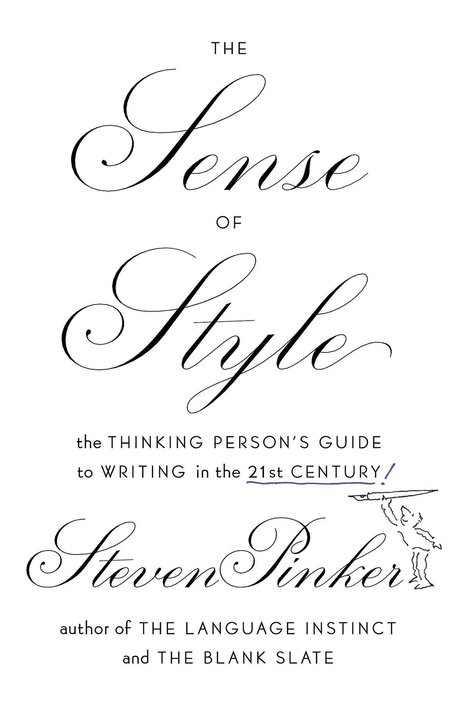A Melbourne scientist has used some unexpected spare time to study the misuse of the word "however".
The study was recently published in Cambridge University's journal English Today.
Its author, University of Melbourne researcher Dr Andrew Hamilton, is an ecologist but also has an interest in linguistics.
He found time for the study while in hospital for an operation.
With the help of specialised software he tracked the word's misuse over 108 years, analysing the use of the word in books, newspapers and websites.
Research and publish the best content.
Get Started for FREE
Sign up with Facebook Sign up with X
I don't have a Facebook or a X account
Already have an account: Login

Appuntamenti, eventi, notizie ... tutto quello che può interessare chi opera nel settore della traduzione.
Curated by
STL di Sabrina Tursi
 Your new post is loading... Your new post is loading...
|
|














